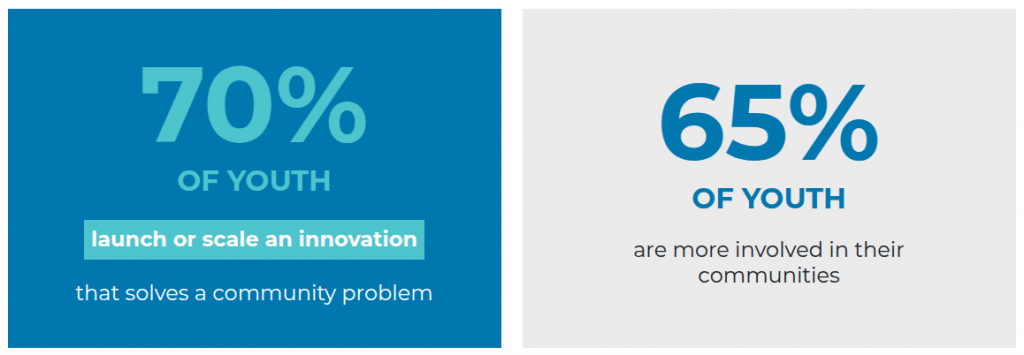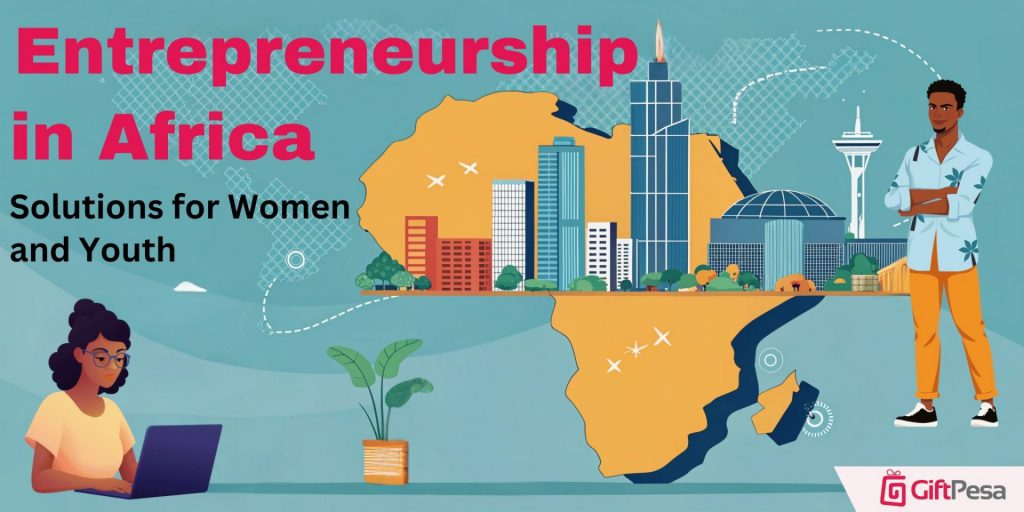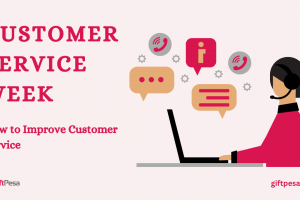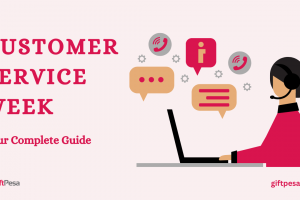Entrepreneurship in Africa provides an opportunity to tackle youth unemployment and boost economic growth. Across the continent, more women and youth are starting businesses to avoid depending on limited job opportunities.
However, women and youth face unique challenges that hinder their entrepreneurial success.
In this article, I delve into these obstacles, discuss practical solutions, and highlight some of the organizations and entrepreneurs driving change.
Challenges Faced by Women and Youth Entrepreneurs in Africa
Women and youth entrepreneurs face diverse challenges in their entrepreneurial journey. These include:
1. Access to Finance
Access to adequate funding is a major obstacle for women and youth pursuing entrepreneurship in Africa. For instance, women in Africa face a $42 billion financing gap across industries. At the same time, young entrepreneurs face skepticism from investors due to their perceived inexperience and the risks associated with their ventures.
Furthermore, many lending institutions demand collateral that women and young entrepreneurs often lack. As a result, both groups end up relying on personal savings or family contributions, restricting their ability to scale.
2. Limited Access to Markets
Women- and youth-owned businesses often struggle to penetrate larger markets due to limited networks, logistical challenges, and a lack of market intelligence. This confines them to local markets, preventing growth and the ability to compete with larger, well-established enterprises.
3. Social and Cultural Barriers
Entrenched gender biases and patriarchal norms make entrepreneurship in Africa challenging, especially for women entrepreneurs. In many cases, these women are pushed to low-growth or informal sectors and forced to balance business operations with household responsibilities.
Regardless of gender, young entrepreneurs frequently face skepticism regarding their abilities, particularly in male-dominated industries, with societal attitudes often undervaluing their potential.
4. Limited Education and Skills Gaps
A lack of formal business training and mentorship leaves many women and young entrepreneurs ill-equipped to manage and scale their businesses. Without essential skills in financial literacy, market analysis, and regulatory compliance, many struggle to adapt to market trends or maintain efficient operations.
Solutions to Empower Entrepreneurs in Africa
For entrepreneurship in Africa to be worthwhile, we need to address the above challenges. Here are some practical steps we can take.
1. Expand Access to Financing
We need to expand access to financing by developing inclusive funding policies. These can take the form of programs offering microloans, venture capital, and grants to women and youth.
Although a number of organizations are promoting financial inclusion, more effort is needed to bridge the financing gap, especially for women and youth entrepreneurs.
2. Increase Training Opportunities
Workshops, online courses, and vocational programs can help entrepreneurs acquire critical business skills. Through public-private partnerships, we can further enhance access to affordable training tailored to local needs.
A number of organizations are filling this gap. A notable one is the Digital Opportunity Trust, a nonprofit that provides youth in developing countries with digital skills and opportunities. The goal is to help young entrepreneurs improve their social and economic state, and that of their communities.

Source: Digital Opportunity Trust
3. Build Mentorship Networks
By building mentorship networks, we can provide women and young entrepreneurs with the much-needed guidance, inspiration, and connections.
We should also create community groups to help close this gap. Such groups can provide support and encourage collaboration and skills development.
4. Simplify Regulatory Processes
African governments can also help women and youth entrepreneurs succeed by streamlining licensing procedures and reducing bureaucracy. This will go a long way in making formal entrepreneurship more accessible.
When governments implement policies that support ease of doing business, young entrepreneurs will be motivated to formalize their ventures.
Organizations Championing Entrepreneurship in Africa
There are a number of organizations providing critical support to youth- and women-led businesses in Africa. These organizations run different programs to boost entrepreneurship in Africa.
Some of them include:
- SheTrades: SheTrades connects women entrepreneurs to global markets through trade opportunities, networking events, and capacity-building programs.
- Seedstars Africa Ventures: This VC fund supports high-growth startups across Africa, many of which are youth-led. Seedstars Africa Ventures provides financing, mentorship, and global exposure to help businesses scale and thrive in competitive markets.
- Biashara Africa: Biashara Africa offers support for women and youth entrepreneurs through microloans, business training, and mentorship. It also offers digital solutions to improve operational efficiency.
- Standard Chartered’s Women in Tech: This incubation program empowers women entrepreneurs by providing mentorship, training, funding, and networking opportunities. Having passed through the Women in Tech incubation program, I can attest to the growth opportunities provided by this program.
- iBiz Africa: Based at Strathmore University in Nairobi, iBiz Africa promotes youth entrepreneurship by providing incubation, mentorship, training, networking, and funding opportunities.
Inspiring African Entrepreneurs Leading the Way
There are many women and youth entrepreneurs in Africa who, against all odds, have pushed against the challenges and succeeded in their ventures.
Among those whose stories inspire me include:
- Margaret Nyamumbo (Kenya): Founder of Kahawa 1893, she not only thrives in business but also supports women in the coffee industry by ensuring fair pay and direct farmer partnerships.
- Sydney Owino (Kenya): Fashion designer behind the brand Sao Sartorial. He is known for his bespoke and made-to-measure tailoring services targeting fashion-conscious men.
- Affiong Williams (Nigeria): Founder and CEO of ReelFruit, a thriving agribusiness that overcame funding and market access challenges to scale globally.
- Judy Dlamini (South Africa): Founder of Mbekani Group, a conglomerate with a strong focus on women empowerment. Women form the majority of its workforce.
Conclusion
Entrepreneurship in Africa offers immense potential, but targeted action is needed to ensure women and youth thrive. By addressing funding gaps, dismantling cultural barriers, and providing education and mentorship, we can create an ecosystem that fosters innovation and economic growth.








